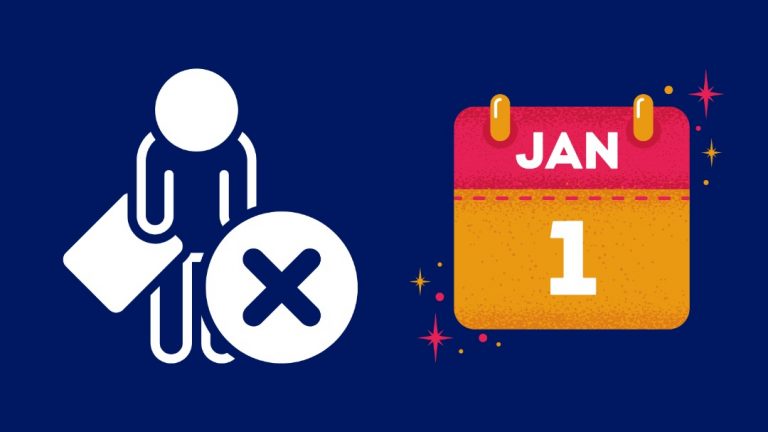Money is something that everyone worries about from time to time, but financial anxieties are different. Financial anxiety is an obsessive fear of things related to money. It is a sensation of concern or unease regarding your finances.
Individuals who deal with financial anxiety are always worried about payments and may be afraid to look at their bank account or deal with anything related to personal finances.
However, do not let money issues get you down. Here are some ways you can deal with financial anxiety.
- Have a workable Budget
Money brings happiness anytime; however, setting your income and purchases on paper will allow you to see exactly where your money is going. It gives you a better perspective to manage your spending better. A budget enables you to plan when and how to spend your money. It also shows you where your money is going.
In addition, ask yourself the root cause of your financial anxiety? Maybe you’re comfortable today, but you’re concerned about the future? Identify your concerns and make a plan to address them. Having a strategy in place might sometimes help you feel less anxious.
2. Increase your Financial Exposure
Financial literacy works like a tool and secures your wealth for an uncertain future ahead. Financial intelligence is the single investment you never lose.
Reading finance articles every day might assist in calming your nerves. There is a natural fear of things we don’t understand. If you’re worried about money because you’re afraid of the unknown, convert those unknowns into “knowns.”
Educate yourself and perform the following things to calm your anxiety:
• Do some online research on finance.
• Discuss with a financial advisor if possible or seek guidance from someone familiar with your specific financial situation.
3. Stay Positive
Negative thoughts and words only serve to prolong and amplify nervous feelings. It’s easy to fall into terrible thinking when one’s finances feel out of control, where we speculate irrationally about what’s likely to happen and who we are. Keep things in perspective to reduce the adverse effects of excessive worries.
4. Keep an Emergency Fund
Life has an existential uncertainty about it. We cannot predict the future. Not knowing what is coming can be very stressful, especially if money is tight. Right here is why the emergency funds play a vital role. An emergency fund is a designated set of Naira to be used only in true emergencies. It is a safety net that stops the freefall and helps you overcome whatever curveball comes your way.
An emergency fund should be in a separate account aside from your savings and be enough to cover 3-6 months of your living expenses. For me, just knowing I have an emergency fund helps keep me calm during uncertainty.
5. Ask for help
When we lack confidence in our capacity to face a task, our anxiety goes up. It is common in the world of personal finance, where many people lack basic financial knowledge. You may benefit from support if your financial concern is causing you severe distress or making it difficult for you to manage your life. To cope with your worry and make progress on your financial difficulties, consider working with a financial planning specialist.
Focusing on the positive sides of your money rather than the negative ones has a lot of merits. Of course, positive thinking won’t pay your bills or extend your budget for you, but it can help you relax. A financial planner can also assist you in developing a long-term saving and investing strategy to meet your immediate requirements while also planning for the future. If you’re drowning in debt, a credit counselling firm can assist you with reorganizing your debt.




